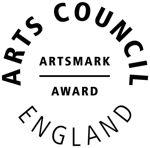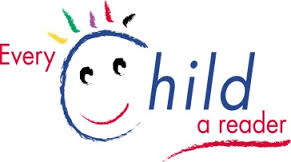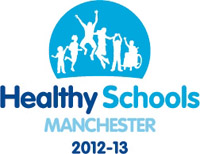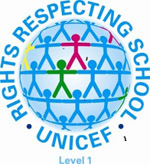Personal, Social, Health and Economic Education
 How we Teach PSHE
How we Teach PSHE
At Crosslee Community Primary school we teach Personal, Social, Health and Economic education (PSHE) through a planned programme of learning opportunities and experiences that help children and young people grow and develop as individuals, as members of families and of social and economic communities.

In EYFS, PSHE is taught through age appropriate, engaging circle times which focus on Personal, Social and Emotional Development. In Key Stage One and Two, we use the scheme ‘IMatters’ which has been designed by Manchester Healthy Schools and centres around the National Curriculum. Using IMatters, we offer a nurturing learning environment in which each child is encouraged to reach their full potential and where their achievements and successes are celebrated and rewarded. As a school, we treat children as individuals and therefore, we aim to encourage mutual respect, responsibility and foster self-esteem in a happy and caring atmosphere. Our curriculum develops the qualities and attributes children need to thrive as individuals, family members and members of society and the global community.

At the start of each PSHE Lesson, children are given time and questions to enable them to ‘Bridge Back’ to the prior knowledge they have developed in the past weeks, terms or year groups. This enables children to retrieve and rehearse previously taught knowledge so that it isn't forgotten. After bridging back, each lesson follows the same repetitive sequence to manage children’s cognitive load.
- Big Question of the session - Gathering how much children already know
- Ground rules of the session - reminder that Respect, Listening and Confidentiality is expected from teachers and children
- Objectives of the session
- Group task or discussion
- Independent task
- Signposting - giving the children opportunities to find out more or seek advice on the given topic
Lessons are carefully sequenced and progressive from Year One to Year Six. The spiral curriculum enables each year group to be taught the same theme at the same time in an age appropriate way. This enables the whole school to focus on each theme for a half term. During this time we have whole school assemblies, themed days, guest speakers and talks from the School Council which builds children’s cultural capital and develops them as citizens. The themes are as follows:
- Autumn One: Mental and Emotional Health
- Autumn Two: Keeping Safe
- Spring One: Relationships and Sex Education (select the link below to view RSE lessons)
- Spring Two: Healthy Lifestyles
- Summer One: Living in the Wider World.

In Summer Two, we have created an additional theme which we have identified as a priority for our younger children - ‘Celebrating Diversity’. This is taught from Year One to Four. During this time, we see our children grow as tolerant and respectful individuals who recognise the importance of a diverse society.
Follow this link for a diverse and inclusive children's books list: https://www.booksfortopics.com/booklists/topics/diversity-inclusion/
Follow this link for information on how to talk to your child about race and racism:
.png)
During Summer Two of Year Five and Six, we teach Real Love Rocks which is a ground-breaking education and awareness raising programme developed by Barnardo’s Safer Futures Trauma Services. The scheme promotes children and young people’s rights to healthy, consensual and safe relationships with their peers, partners, families and across their community.
At Crosslee we believe that all children have a right to a good quality education (Art. 28 UNICEF Charter) and should have an opportunity to access the curriculum of their year group so they can become well-rounded citizens. We adapt our curriculum and pedagogy to meet the needs of all of our children, inclusive of children with Special Educational Needs and Disabilities.We have developed a toolkit of strategies to support children with difficulties in Cognition and Learning; Social, Emotional and Mental Health; Communication and Language and Physical impairments in order for them to access and progress in PSHE lessons alongside their peers. This includes specialised 1:1 sessions which are differentiated to include simplified language and more imagery whilst teaching the same important themes.
Find out more on your child's PSHE Units using the following links:






.png)
